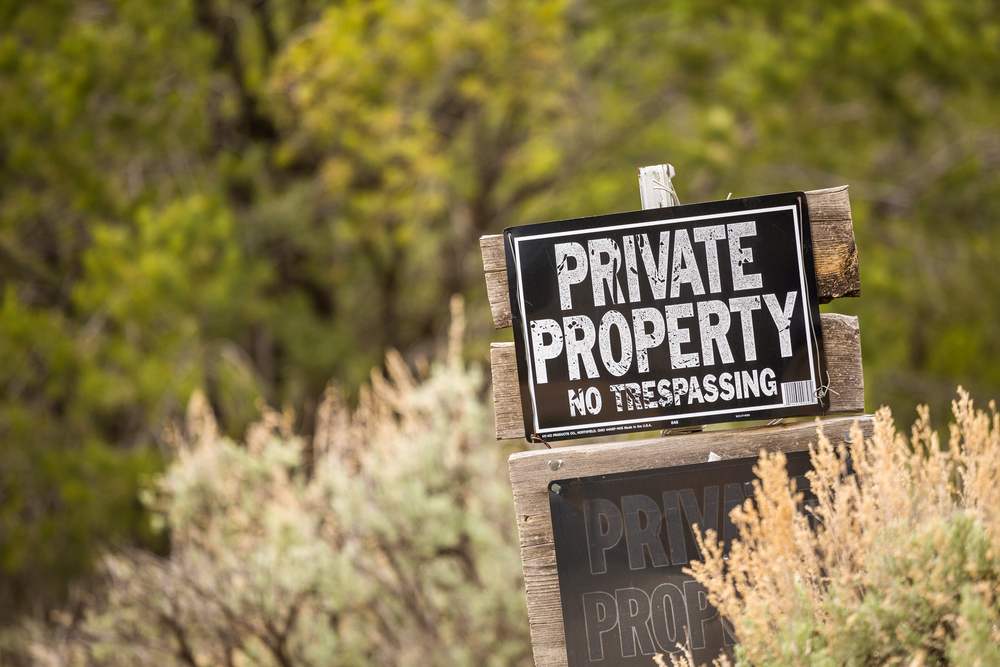Under the Ohio Revised Code, Section 2911.21(A), a criminal trespass occurs when a person, without privilege (permission) to do so:
- Knowingly enters or remains on the land or premises of another
- Knowingly enters or remains on the land or premises of another, when the business is closed or area restricted to certain people – and the offender knows this
- Recklessly enters or remains on the land or premises of another, after they have been told to leave either in person or by a posted sign, or where there is a fence that restricts access
- Being on the land or premises of another, negligently fail or refuse to leave after being told to leave in person or where there is a “No Trespassing” or other sign posted restricting access
It is not a defense to criminal trespass that it was public property. If access is restricted by a sign, hours, or in person (told to leave), you can still be charged with trespass.
It is also not a defense to criminal trespass that the defendant had permission to be there if they lied or otherwise deceived the owner to give them access.



